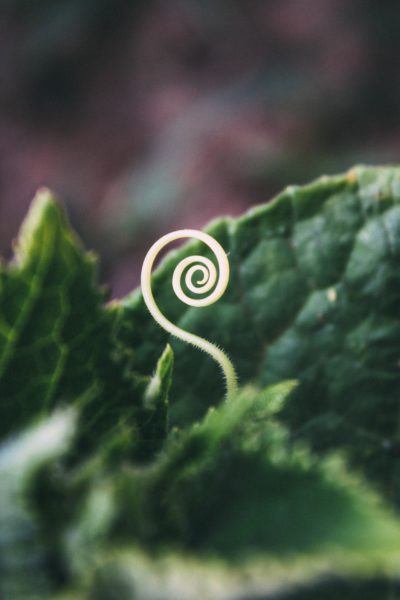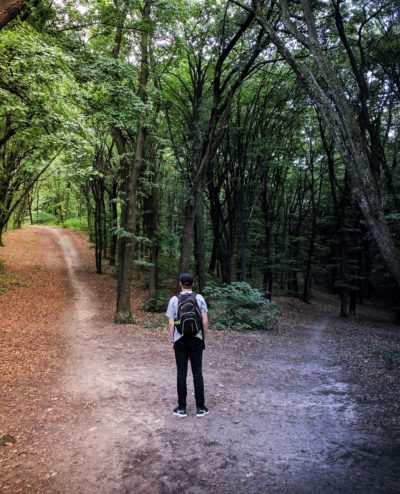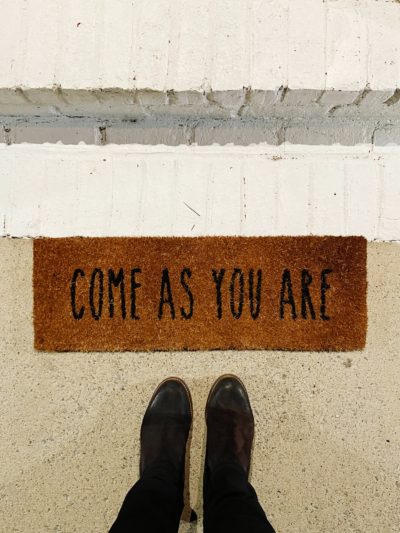Being by Doing

By Megan B.
Before sobriety, I was hollow. I had a presentable exterior, a shell; a big kid job, a car, my own apartment, a boyfriend (sometimes), cute clothes, a nice butt. I was proud of the life I had built, proud of how it looked, without realizing it was only a facade.
I showed up to that job high and hungover every morning and wasted my days mostly pretending to work, reading Buzzfeed listicles and bullshitting with colleagues on Skype. The car was a family hand-me-down, nothing earned. The apartment, a hideaway where I spent hours each evening alone, sunken into the middle cushion of my enormous green corduroy couch, drinking wine and smoking weed out of an apple while I vacantly binged Netflix and wondered when life was going to get good. The attention from men, the clothes, the body: they were all things I prioritized obsessively, driven by a need to measure up. I walked around feeling deeply satisfied with how I imagined my life looked from the outside, but inside I felt mostly shame and fear.
By the time I hit my bottom, things were getting embarrassing. I’d made a career change, convinced it would fix me. Now I was back on the bottom rung in a job I believed I was above, but somehow I was fucking that up too. The guy who I thought for sure was The One was getting sick of my nonsense, which dashed my ambitions to be married by 30. I spent most nights sequestered in the guest bathroom of the house we shared with a beer and a laptop on the floor, alternately watching episodes of terrible reality TV and myself getting high in the mirror.
Seeing my face like that, looking into my own eyes, I saw how sad I was. And scared. Because by that point I wanted to quit. I’d been trying. I’d tried therapy (and hypnotherapy), yoga, journaling, and my own willpower which was by that point only good for about eight miserable hours of abstinence. I desperately wanted to stop and couldn’t do it. It didn’t make sense. In that desperate state, I found the willingness to try the very last thing on my list, which was this Program.
When I started going to meetings, I didn’t know what to do. You all showed up and you showed me. A woman offered to sponsor me. I was scared of her, so I just did what she told me to do. If she told me to read a thing, I read it. If she told me to meet her somewhere, I showed up and I was on time. Until then, I was late to everything. I was just a late person, unreliable, that was how I thought of myself. I started to see that I could be on time to things. I started to see myself as a person who showed up.
In a meeting about a year in I heard someone share, “We build self esteem by doing esteemable acts.” That’s when it clicked for me. How I see myself, how I feel about myself, relies on my actions. By that time I’d found I could show up for things beyond my scary sponsor. I could show up for meeting commitments and coffee with newcomers, and eventually for sponsees. The trust those women placed in me, their vulnerability and gratitude, that felt like something real. It had weight.
I wasn’t hollow anymore.
Today, I’m made of something, of many small imperfect actions. I still mess up, and I still get caught in my own ego. But each time I show up for this Program, I’m released from agonizing self-obsession for that moment. If I’m in the present with my feet on the ground, looking to see where I can be useful, that’s who I get to be. And that’s a person who, for today, doesn’t need to drink.





 “You aren’t giving up the booze, you are getting your life back.” That’s what “Happy” said to me as I trudged through
“You aren’t giving up the booze, you are getting your life back.” That’s what “Happy” said to me as I trudged through 


